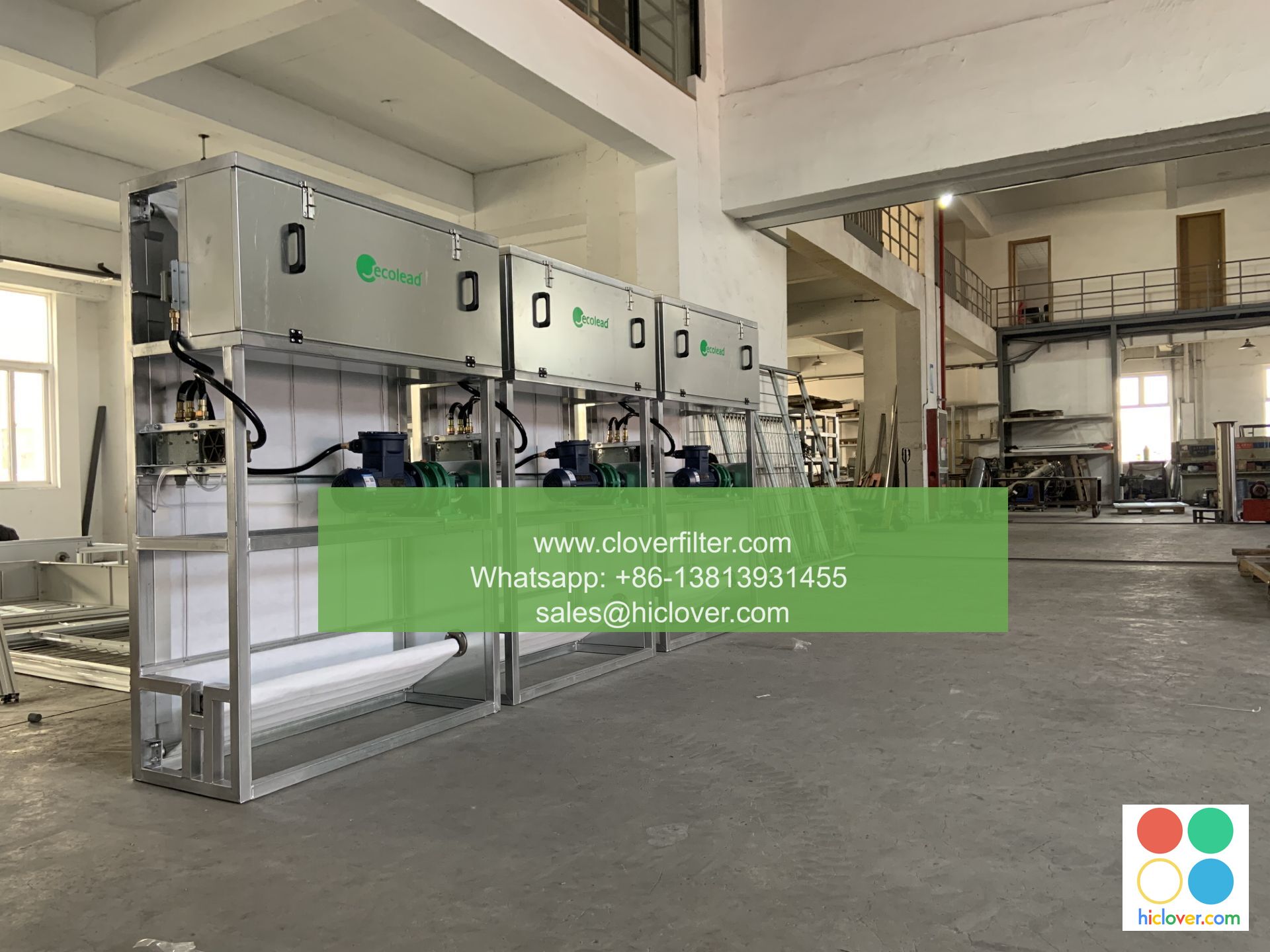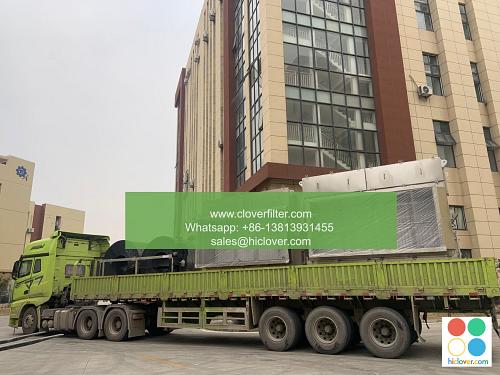Streamlining Production: The Role of Automatic Roll Air Filters in Coca-Cola’s NC Plants

The manufacturing industry, particularly in the food and beverage sector, relies heavily on efficient production processes to meet consumer demands while maintaining high standards of quality and safety. Coca-Cola, one of the world’s leading beverage companies, has been at the forefront of adopting innovative technologies to streamline its operations. In its North Carolina (NC) plants, automatic roll air filters have emerged as a crucial component in enhancing production efficiency, improving indoor air quality, and reducing maintenance costs. This article delves into the role of these filters in Coca-Cola’s NC plants, highlighting their applications in air filtration, energy efficiency, and compliance with regulatory standards.
Introduction to Automatic Roll Air Filters
Automatic roll air filters are designed to provide a continuous supply of clean air by automatically rolling out a new filter media as the old one becomes saturated with dust and other airborne particles. This technology is particularly useful in industrial settings where high-volume air filtration is required to maintain a clean and healthy environment. In the context of Coca-Cola’s NC plants, these filters play a vital role in ensuring product quality by preventing contamination from airborne particles.
Applications in Coca-Cola’s NC Plants
The integration of automatic roll air filters in Coca-Cola’s NC plants has several key applications:
– Air Quality Control: By efficiently removing dust, pollen, and other particles from the air, these filters contribute to a cleaner production environment, which is crucial for the manufacture of food and beverages.
– Energy Savings: Traditional air filtration systems can become clogged over time, leading to increased energy consumption as the system works harder to push air through the filters. Automatic roll air filters mitigate this issue by ensuring a constant flow of clean air with minimal resistance, thereby reducing energy costs.
– Regulatory Compliance: The food and beverage industry is subject to stringent health and safety regulations. Automatic roll air filters help Coca-Cola’s NC plants comply with these regulations by maintaining a high level of air purity, which is essential for preventing product contamination and ensuring consumer safety.
Benefits of Implementation
The implementation of automatic roll air filters in Coca-Cola’s NC plants has yielded several benefits, including:
– Enhanced Production Efficiency: With a reduction in downtime for filter maintenance, the plants can operate more continuously, leading to increased productivity.
– Improved Product Quality: The high-efficiency air filtration provided by these filters minimizes the risk of airborne contaminants affecting the products, resulting in higher quality beverages.
– Cost Savings: The extended lifespan of the filter media and the reduction in energy consumption contribute to significant cost savings for the company.
Conclusion
In conclusion, the integration of automatic roll air filters in Coca-Cola’s NC plants represents a significant step forward in streamlining production processes, enhancing product quality, and reducing operational costs. As the manufacturing sector continues to evolve, the adoption of such innovative technologies will play a critical role in improving efficiency, sustainability, and compliance with regulatory standards. For companies like Coca-Cola, investing in cutting-edge air filtration systems is not only a strategic business move but also a commitment to consumer safety and environmental responsibility.

